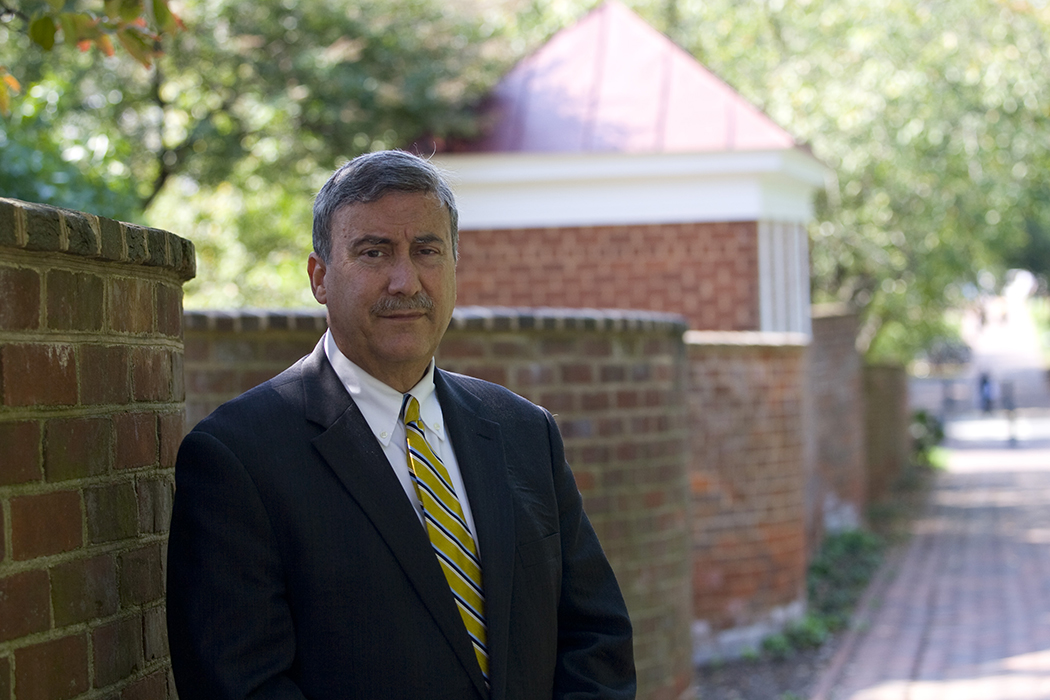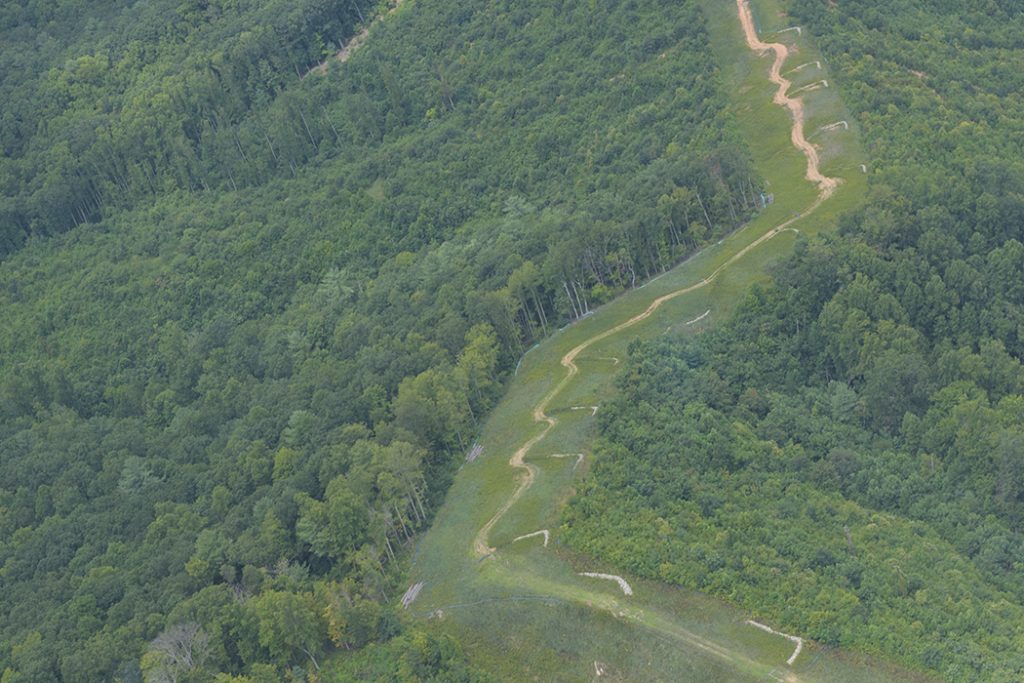Lee will melt
Charlottesville’s statue of Confederate General Robert E. Lee is about to take even more heat.
At the end of its Monday meeting, City Council unanimously voted to donate the Lee monument to the Jefferson School African American Heritage Center, which plans to melt down the statue and use the bronze to create a new work of public art.
Though council originally wanted to hold off on making its decision due to Vice-Mayor Sena Magill’s absence, the councilors decided to move forward with the vote at the end of the meeting after multiple frustrated community members urged them to do so during public comment.
The project, titled Swords Into Plowshares, will gather extensive input from the descendants of enslaved persons who were disenfranchised by Virginia’s Jim Crow laws. The Jefferson School will then commission an artist of national significance to create a new bronze sculpture in partnership with the community.
Once completed, the artwork will be gifted to the city to be installed on public land by 2026. The project will ultimately transform “what was once toxic in our public space into something beautiful that can be more reflective of our entire community’s social values” and “offer a road map for other communities to do the same,” writes Jefferson School Executive Director Andrea Douglas.
The project has received support from many local and national organizations, and raised nearly $600,000. The Jefferson School has launched an Indiegogo campaign to raise an additional $500,000 for the first phase of the years-long effort.
According to the campaign website, the funding will go toward transporting the statue to a foundry and melting it, conducting a six-month community engagement process, commissioning a nationally recognized artist, and hiring a salaried project manager.
Though the city received four other offers for the Lee statue, the councilors did not discuss them during the meeting. The Jefferson School was the only local entity that made a bid for the monument.
The city also has to decide what to do with the statues of Stonewall Jackson and Lewis, Clark, and Sacagawea. Council will vote on their fates on December 20.
Pipeline permit panned
The Mountain Valley Pipeline, a controversial natural gas pipeline under construction in western Virginia, was dealt a significant setback last week when the Virginia Air Pollution Control Board denied an important construction permit. The company planned to construct a compressor station in a predominantly Black community in Pittsylvania County, which garnered pushback from activists and the Virginia Department of Environmental Quality. The APCB cited the Virginia Environmental Justice Act, a 2020 law that requires state agencies to examine proposed policies “in relation to [their] impact on environmental justice prior to adoption,” in its denial of the permit. The Mountain Valley Pipeline team is now “evaluating its next steps,” says the Virginia Mercury.
In brief
Lee statue pedestal comes down in Richmond
Charlottesville isn’t the only city figuring out what to do with its reclaimed Confederate spaces. On Monday, Richmond’s leaders ordered the removal of the graffiti-covered pedestal that used to hold the statue of Robert E. Lee on Monument Avenue. The pedestal had become a symbol of the protests against police brutality that unfolded across the city and country in 2020, and the area around the dramatic, colorful pedestal had remained an informal gathering place. The land will now be controlled by city of Richmond, and its future remains unknown.

It’s really over now
A recount confirmed a narrow Republican victory in House of Delegates District 85, in which Karen Greenhalgh beat one-term incumbent Alex Askew. Greenhalgh’s victory in Virginia Beach confirms that Republicans will hold at least 51 seats in the House for the next two years, though a second narrow Republican victory is pending a recount, too. Greenhalgh beat Askew by 115 votes out of more than 28,000 cast.
They literally stole Christmas
Nine-foot-tall inflatable snowman and Santa Claus decorations were pilfered from a yard in Belvedere this weekend, reports CBS19. The thief arrived at 4 in the morning and threw the decorations in a van, according to the doorbell camera of the affected house. It’s been a season of desperation, it seems—last week, CBS reported that Christmas trees had been stolen from a local farm, too. That’s no way to get in the holiday spirit, people.


















